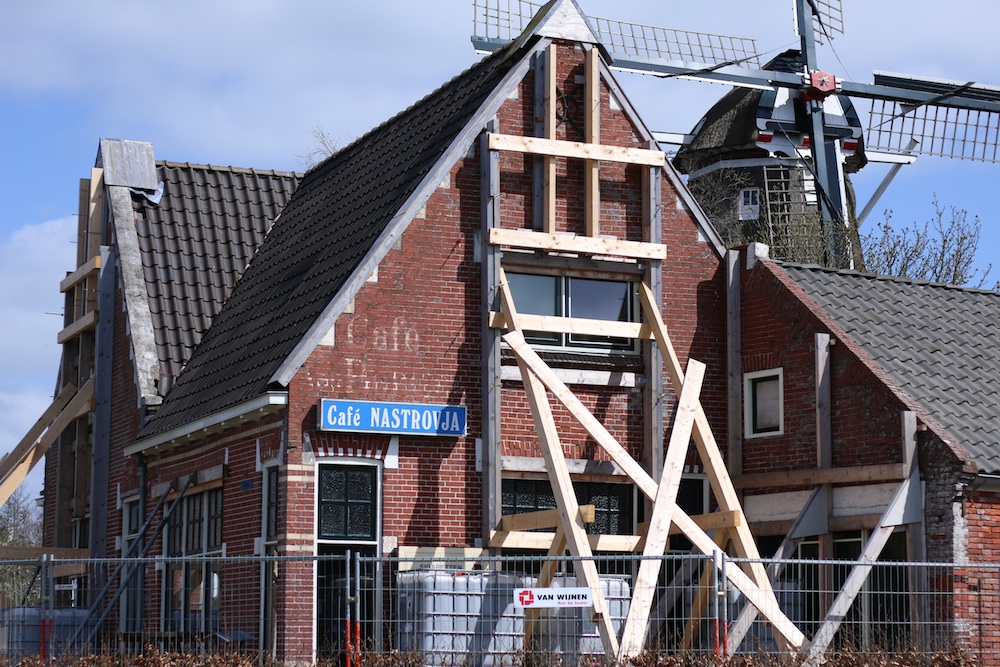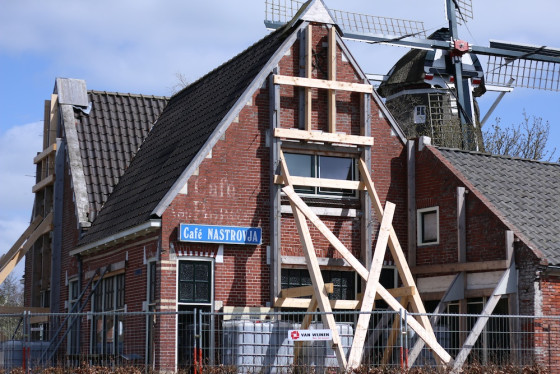Cabinet urged to consult Groningen about keeping gas fields open


The government’s mining watchdog has urged ministers to consult people in Groningen about extending gas production in the province beyond 2024.
Mines minister Hans Vijlbrief said last week that the cabinet would press ahead with plans to shut down the Groningen gas field despite the uncertainty over energy supplies and rising prices, caused partly by the war in Ukraine.
But Stef Depla, chair of the Mijnraad, told Nieuwsuur that ministers should talk to people in the northern province now rather than wait for their hand to be forced by an energy crisis.
‘We have to ask if the ministry has a good overview of all the scenarios that could ensue if the gas supply is cut off,’ he said.
‘These are uncertain times. We don’t know if Putin is going to turn off the gas or we will, but we need to take measures so that we’re prepared and not do things that we end up regretting.
Depla pointed to recent surveys in Groningen indicating that despite the earthquake damage caused by gas extraction in the region, 83% of people wanted to stop import of Russian gas. A majority were prepared to increase production temporarily to reduce dependency on Russia.
‘Wait a year’
‘The cabinet wants to keep its promises to shut down Groningen as soon as possible, but closing it in one year, which limits our flexibility, isn’t as good idea because we’re also trying to build up our reserves as much as possible.
‘We’re saying it would be better to wait a year or two and talk to Groningers about what it means for them and what conditions they would want.’
Under current plans production in Groningen will be scaled down to a minimum this year to produce enough gas to see the Netherlands through a cold winter in 2024, after which the field will be shut down for good.
Risk of quakes
The decision to decommission the field was taken after extraction was found to have caused a series of minor earthquakes that have destabilised buildings across the province. Around €1.2 bn has so far been paid out in compensation.
The Groninger Bodem Beweging (GBB), which speaks for the victims of earthquake damage, has said keeping the gas supply running would mean people remained exposed to ‘the real risk’ of further and stronger quakes. ‘Many homes in the earthquake are still not able to withstand it,’ the organisation said on its website.
The GBB also points out that Groningen gas is not a straight substitute for Russian gas because it is low-calorific, meaning it has a lower nitrogen content and has to be converted before it can be used in countries whose networks are configured for high-calorific gas.
Depla said efforts to stabilise vulnerable buildings should be stepped up to allow more gas to be produced safely. ‘The safety of people in Groningen will not be determined by whether or not we extract a bit more gas for a year, but by the stabilisation programme.’
Thank you for donating to DutchNews.nl.
We could not provide the Dutch News service, and keep it free of charge, without the generous support of our readers. Your donations allow us to report on issues you tell us matter, and provide you with a summary of the most important Dutch news each day.
Make a donation